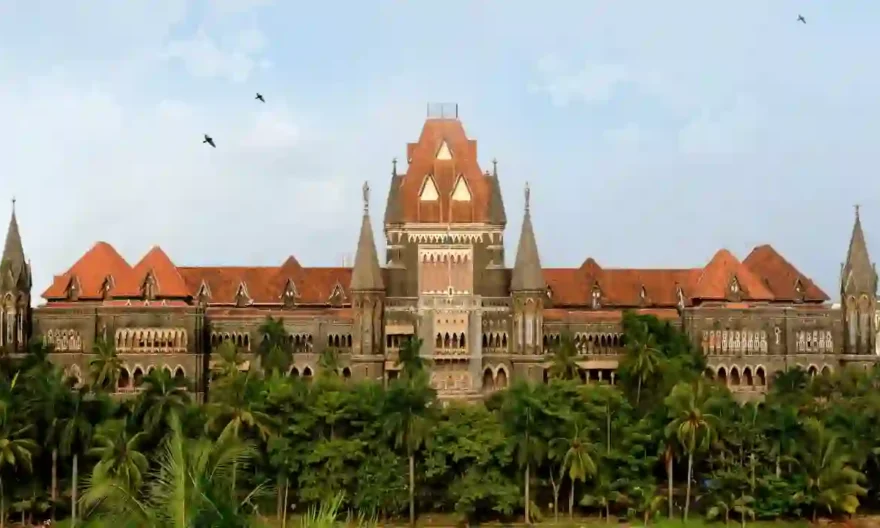
The Bombay High Court has made the observation that authorities should compensate informants in accordance with government policy because they face significant risks in order to provide the authorities with crucial information.
A division bench comprising of Justice Nitin Jamdar and Justice Abhay Ahuja while hearing the case of Jayashree Chandrakant Dhavre Vs Union of India ordered the Custom Authorities to pay the reward payable under a 2015 policy to the widow of an informer who had given a tip about the smuggling of diamonds worth ₹ 90 lakhs by a jeweller in Mumbai, way back in 1992.
“Although there is no legal right to demand a reward, as stated in the policy, the rejection must not be arbitrary, and the approach must not discourage Informers from coming forward. Finally, the goal of rewarding the Informer is to assist the department in taking measures to protect the public purse. “In providing information, the Informers take enormous risks,” the bench observed.
Unfortunately, the bench stated that the authorities had taken a “rigid” stance in this case. “The correct approach would have been to go by broad probabilities of the case, peculiar circumstances of the case, and the Petitioner’s hardship and should have handled this case with sensitivity,” the bench concluded.
The judges were seized of a plea filed by the widow of an informer who had sought the final reward as per the Guidelines for Grant of reward to Informers and Government Servants, 2015, framed by the Central Board of Excise and Customs (Anti-Smuggling Unit) issued on July 30, 2015.
Appearing for the petitioner, Advocate Ashok Singh contended that prior to Chandrakant death in 2010, he had been following up with the authorities for the final reward payable for his 1992 tip to the customs authorities. He had received an interim reward of ₹ 3 lakh, as per the policy. The court was also informed that the informant had lost his sight in an accident in 1992.
The authorities, however, disputed Chandrakant Dhavre’s identity as the informant who provided the secret information that led to the seizure of the imported diamonds.
The petitioner-widow characterised this stance as arbitrary, pointing out that the authorities had already paid interim rewards to her husband without questioning his identity.
The Court agreed, saying, “Once the authorities accept that the interim reward was paid to Chandrakant and that the Petitioner has established that she is the legal heir of Chandrakant, then withholding the final reward is entirely arbitrary.”
The bench determined that the woman’s claim is valid.
“We find that this is a fit case where the interference of the Court is necessary. “In the facts of this case, our failure to intervene in the writ jurisdiction would constitute a failure of justice,” the order stated.
As a result, the Court directed the authorities to decide on the final reward to be paid in accordance with the 2015 policy.




